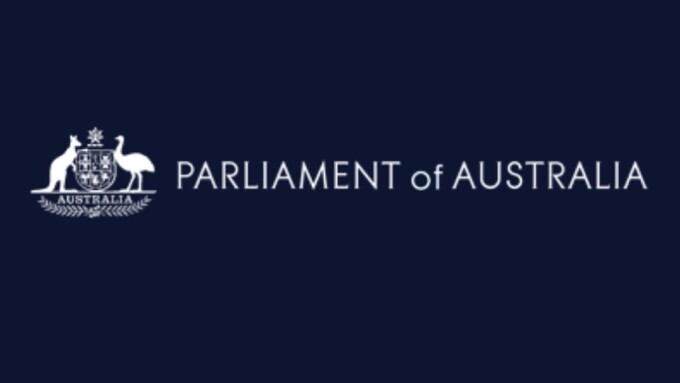LOS ANGELES — It is a familiar refrain in the halls of lawmakers these days, where calls for age and identity verification (AV) continue in the name of “keeping minors safe online,” and although the U.K. has faced considerable challenges in implementing its AV solution, other nations such as Australia have been keeping a close eye on the process and are learning from it.
Claiming a statistic that 44 percent of youth aged 9-16 have reported encountering sexually oriented content online, an Australian Parliamentary committee has begun an investigation into the effectiveness of age verification systems for pornographic and gambling websites.
Andrew Wallace, Chair of the Social Policy and Legal Affairs Committee, is focused on the current discrepancy between AV requirements for online gambling and pornography.
“While customers must verify their age within 14 days to continue using an online wagering account, an age verification process is not required at all for customers to access online pornography,” Wallace said. “This is concerning, as research shows that accessing pornography negatively influences young peoples’ attitudes to sex, sexuality and relationships.”
The Committee will examine the effectiveness of the AV measures now in place for online wagering in Australia, and the possibility of introducing a similar process to verify the age of users of online pornography. The Committee also acknowledged that accessing online wagering from operators licensed in Australia and online pornography from appropriately classified websites are legal activities for users over 18 and noted that the focus of their inquiry was not the legitimate use of online wagering and online pornography by adults legally of age.
The Committee is tasked with reporting on AV's potential as a mechanism for protecting minors online, including the required laws, policies and practices that will enable effective AV; and the benefits of protecting children from potential harm and protecting business and non-government organizations from reputation, operational and legal risks. Additional consideration will be given to the potential risks and unintended consequences of mandated AV — such as driving adults to unlawful or unregulated platforms; privacy breaches; providing a false sense of security to parents; and the harm to freedom of expression.
Best practices for AV implementation are being assessed, with a close eye on the fate of the U.K.’s AV effort under the Digital Economy Act and the subsequent reshaping of those efforts; as are the barriers to achieving AV, such as the “capabilities of the existing technology of business and verification providers; the access, adequacy and security of third-party and government databases; and accurate and standardized capture of customer information.”
Finally, the Committee will examine educational outreach and the need for AV warning messages, along with the economic impact and compliance burden of mandating AV on businesses of all sizes, and the bigger picture surrounding AV, both as it pertains to other online safety initiatives and the country’s international obligations.
Australia’s eSafety Commissioner Julie Inman Grant said that AV has been under consideration for at least a dozen years in the country, including a pilot program conducted by Microsoft, but noted that AV “[is] not a silver bullet technology solution, it requires a complex set of processes and it’s an ecosystem question” — and part of that ecosystem involves the efforts of the British Board of Film Classification (BBFC), which the Australian lawmakers are following closely.
“We need to be realistic up-front about what an AV system or scheme could achieve and what could be the potential drawback,” Inman Grant said, and revealed that the BBFC was discussing AV tech with major adult brands and other stakeholders, while (re)floating the idea of using credit cards for consumer AV, which is an idea long balked at by the merchant associations such as MasterCard and Visa.
“Credit cards weren’t really developed for that purpose and there was a concern that there would be a honeypot of personal information that could create a different set of risks for children,” Inman Grant added. “So we would need to look at the technical aspects, the environmental aspects, making sure the policies are right — there’s a broad spectrum of issues.”
Those issues may fall squarely on the shoulders of service providers and site owners.
“If they’re building the online roads, they need to ensure that these are safer pathways for their billions of users, so we’re calling on these companies to assess risk at the front end and to bake in safety at the get-go, rather than retroactively bolting on safety protections after the damage has been done,” Inman Grant said. “We’ve consulted for over a year with more than 60 organizations, including the platforms.”
The Committee is seeking comments from stakeholders with perspectives on how online AV can be made as effective as possible to prevent children from accessing wagering and adult sites.
Comments will be accepted here through October 25.








